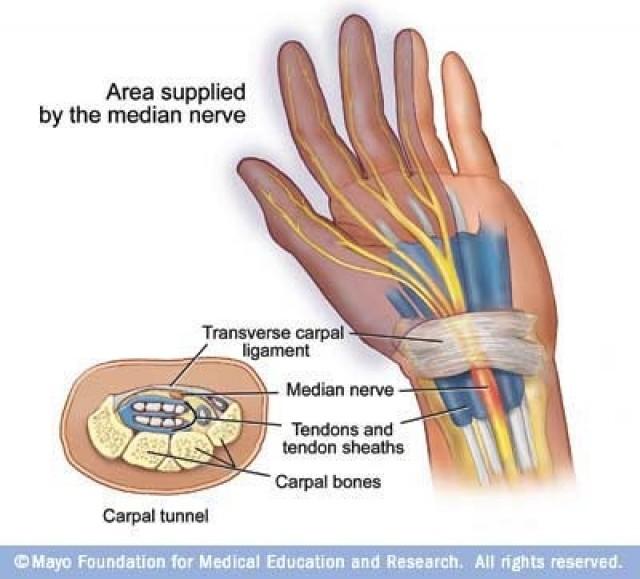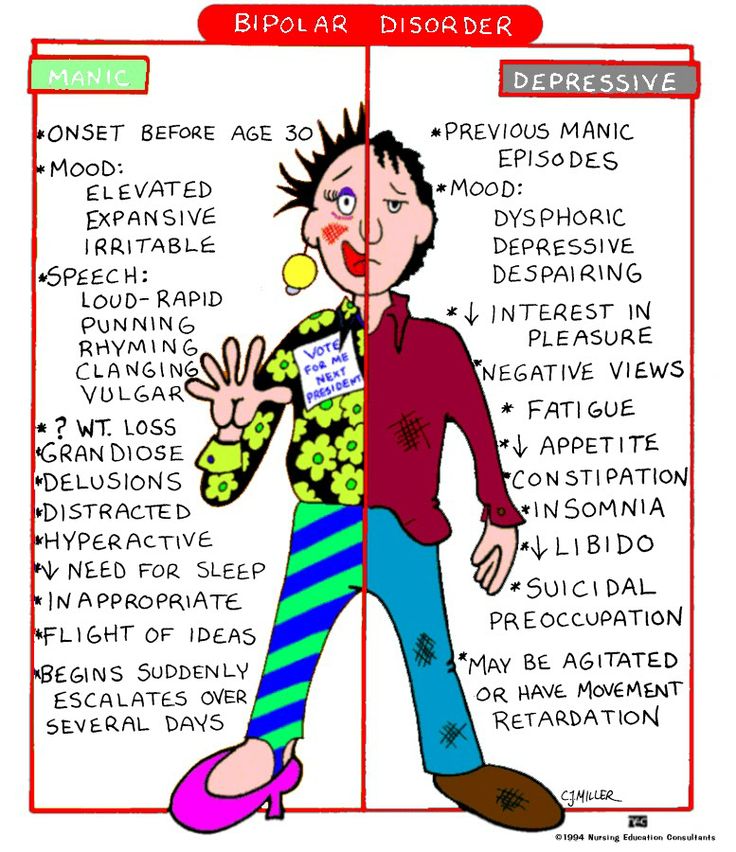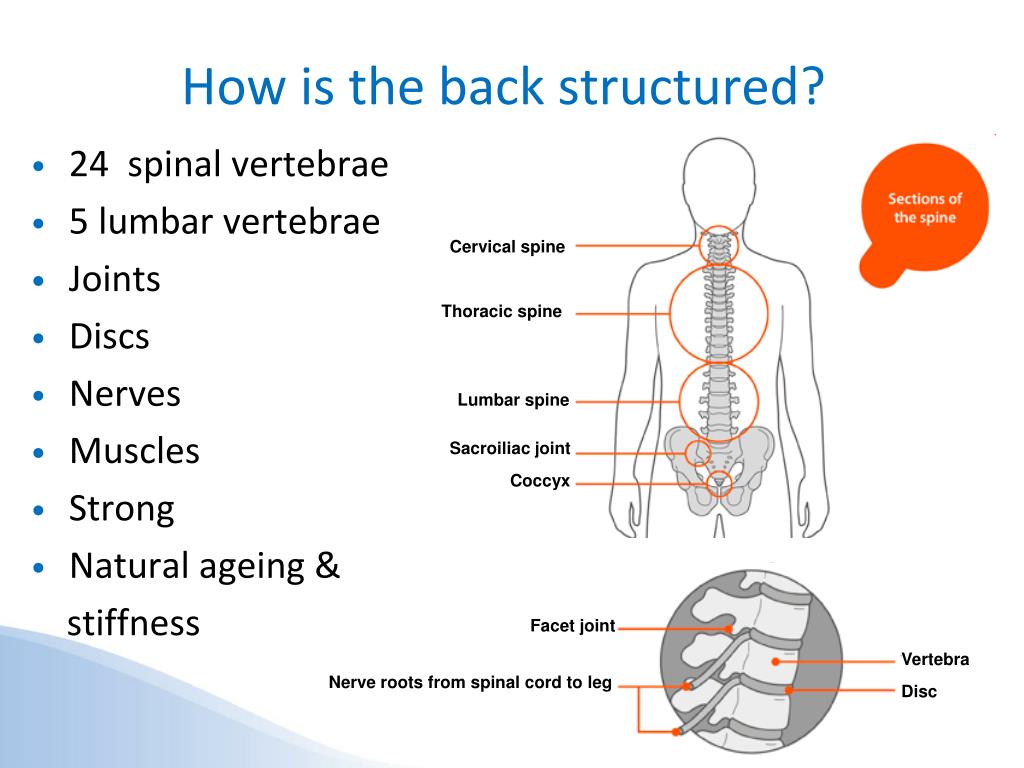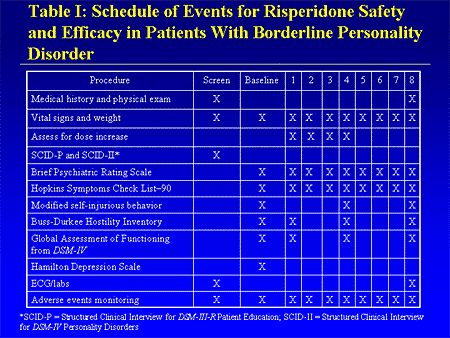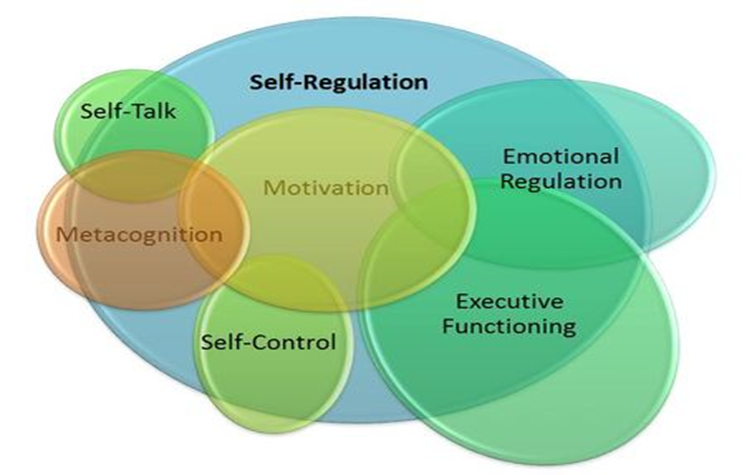Can venlafaxine get you high
Uses, Side Effects, Potential for Abuse & Withdrawal
Effexor, (Venlafaxine), a serotonin-norepinephrine reuptake inhibitor (SNRI) used to treat major depressive disorder.
Effexor, also known by its generic name as Venlafaxine, is a medication in the serotonin-norepinephrine reuptake inhibitor (SNRI) class. It works by increasing and regulating the levels of two different neurotransmitters — norepinephrine and serotonin — in the brain.
Norepinephrine is a stress hormone, affecting parts of the brain that relate to attention and response. It increases heart rates, triggers the release of glucose from energy stores and boosts blood flow. Its counterpart, serotonin, helps control a number of other processers in the brain, including mood, emotions, anxiety, sleep, appetite and memory. These two chemicals work overtime in the body to help control a person’s sense of well-being.
Effexor works by preventing or inhibiting serotonin and norepinephrine reuptake, meaning it leaves more serotonin in the system.
Venlafaxine is used to treat people with major depressive disorder, generalized anxiety disorder, social anxiety disorder and panic disorder. It may be prescribed “off-label” by doctors treating patients with diabetes, migraines and hot flashes.
Venlafaxine is available as a tablet and as an extended-release capsule. The tablet should be taken two to three times a day with food, and the XR capsule is taken only once a day. Be sure to take the pill around the same time each day to minimize the risk of developing side effects. Do not crush, chew or split the capsules.
Dosage will vary from patient to patient. Please be sure to ask your doctor before taking this medication.
Widely considered one of the most popular antidepressants on the market, Effexor lends itself to being easily misused. Though it is classified as physically non-addictive, a psychological addiction can be developed through continued misuse of the medication. An SNRI works by elevating a person’s mood by preventing the reuptake of “feel good” neurotransmitters like serotonin and norepinephrine in the brain. Someone who may misuse venlafaxine is trying to attain some sort of high, which is simply not possible with antidepressants.
Someone who may misuse venlafaxine is trying to attain some sort of high, which is simply not possible with antidepressants.
Patients who frequently misuse this medication — either by overdosing or mixing with other illicit substances — are typically suffering from another anxiety or mood disorder related to substance misuse, including alcohol addiction and eating disorders.
There are signs and symptoms that arise when someone is suffering from an Effexor dependency. These can be both physical and psychological in nature. Some of the forewarning signals include stomach cramps, increased risk of suicide, memory problems, panic attacks, hallucinations and nausea. Effexor dependency is extremely dangerous in the sense that it may result in unwanted social effects. A person misusing the drug may isolate themselves, labeling themselves as “misunderstood.” This almost always impairs relationships with loved ones and at work, creating financial hardships and a loss of social life.
Though Effexor is classified as a physically non-addictive drug, it still produces undesirable effects when a person who has been misusing the medication abruptly stops taking the drug. They will likely experience what is called SSRI discontinuation syndrome, which mimics withdrawal symptoms. These can occur when a person abruptly stops taking the drug, decreases the dose too rapidly or even after skipping an individual dose (if their dosage is high enough). In addition to these physical effects, withdrawal from venlafaxine in those who are misusing it may result in unwanted psychological effects as well. These include nausea, depression, suicidal thoughts, disorientation, panic attacks and confused thinking.
Due to the drug not being considered addictive or habit-forming, there is not much information available for those who are struggling with an Effexor addiction. For those who have developed a dependency, it is important to note that you must wean off the drug under medical direction by a doctor or licensed therapist. By simply stopping the drug or decreasing the dose too rapidly, you are likely to experience withdrawal symptoms stated above. Meet regularly with your doctor in order to examine the status of your mental health and talk with them about treatment plans. One-on-one group therapy sessions are common treatment options for those struggling with addiction. For more severe cases, a doctor or therapist may suggest a local rehab facility.
By simply stopping the drug or decreasing the dose too rapidly, you are likely to experience withdrawal symptoms stated above. Meet regularly with your doctor in order to examine the status of your mental health and talk with them about treatment plans. One-on-one group therapy sessions are common treatment options for those struggling with addiction. For more severe cases, a doctor or therapist may suggest a local rehab facility.
Depression is a serious and life-threatening condition and should, therefore, be treated as such. The first step is admitting there is a problem and asking for help. Reach out to friends, family and loved ones and ask for help and support. No one should have to deal with or treat mental illness all on their own.
Read Next
Effexor Addiction Treatment and Rehab
Medical Disclaimer
The Recovery Village aims to improve the quality of life for people struggling with substance use or mental health disorder with fact-based content about the nature of behavioral health conditions, treatment options and their related outcomes. We publish material that is researched, cited, edited and reviewed by licensed medical professionals. The information we provide is not intended to be a substitute for professional medical advice, diagnosis or treatment. It should not be used in place of the advice of your physician or other qualified healthcare providers.
We publish material that is researched, cited, edited and reviewed by licensed medical professionals. The information we provide is not intended to be a substitute for professional medical advice, diagnosis or treatment. It should not be used in place of the advice of your physician or other qualified healthcare providers.
How Long Does Effexor Stay in Your Urine, Blood, Hair and Saliva?
Effexor is a prescription medication that is used to treat depression, generalized anxiety disorder and social phobias. Also known by its generic name as venlafaxine, this drug is classified as a serotonin-norepinephrine reuptake inhibitor (SNRI), which works by helping to restore the balance of serotonin and norepinephrine in the brain. By doing this, a person diagnosed with depression may exhibit improved mood and energy levels.
It is essential that you read the medication guide provided by your pharmacist before you start using Effexor. It should always be taken by mouth as directed by your doctor, usually two to three times daily with food. To reduce your risk of side effects, your doctor may start you out at a low dosage and gradually increase as you build a tolerance (it will range anywhere from 37.5 mg to 300 mg). It may take several weeks to feel the benefit of this medication, so be sure to take it every day around the same time for best results.
To reduce your risk of side effects, your doctor may start you out at a low dosage and gradually increase as you build a tolerance (it will range anywhere from 37.5 mg to 300 mg). It may take several weeks to feel the benefit of this medication, so be sure to take it every day around the same time for best results.
- Alventa XL
- Depefex X
- Effexor XL
- Politid XL
- Rodomel XL
- Sunveniz XL
- Tonpular XL
- Venaxx XL
- Vencarm XL
- Venlablue XL
- Venladex XL
- Venlalic XL
- Venlasov XL
- Vensir XL
- ViePax XL
Effexor works by enhancing the activity of the neurotransmitters serotonin and noradrenaline in the brain. These neurotransmitters are natural chemicals found in the body, and they act as chemical messengers between the nerve cells. Serotonin and noradrenaline are neurotransmitters that are involved in regulating emotions, mood and behavior — therefore, in people experiencing signs of depression and anxiety, there is generally less of these neurotransmitters released from nerve cells in the brain.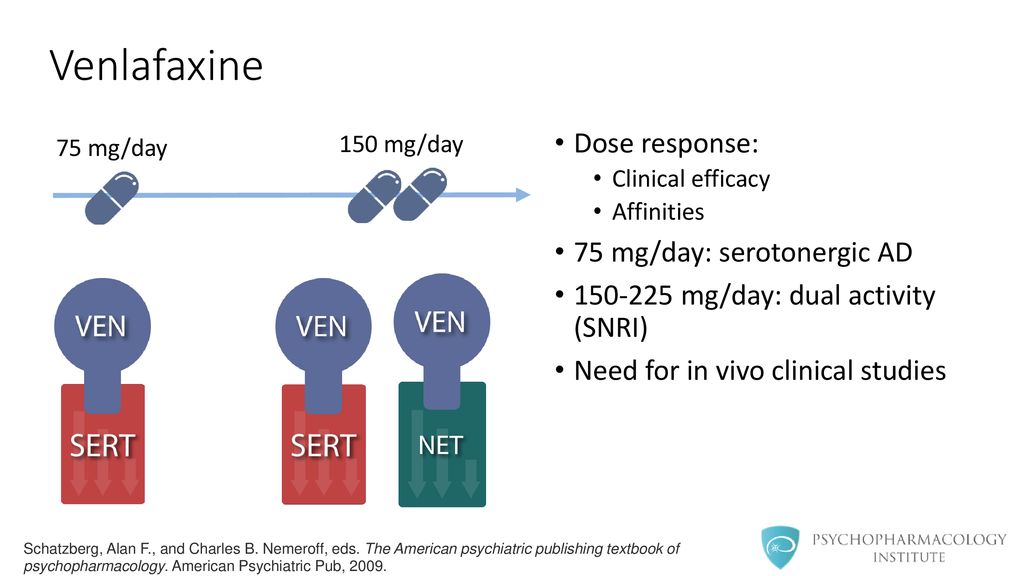
Norepinephrine is a stress hormone, controlling parts of the brain related to attention and response and “fight or flight.” It also increases heart rate, triggers the release of glucose from energy stores and boosts blood flow to muscles. Serotonin controls other processes within the brain, including mood, emotions, anxiety, aggression, sleep, appetite, perceptions and memory. In other words, they play a critical role in maintaining a person’s well-being.
Venlafaxine works by preventing or inhibiting the reabsorption of these neurotransmitters — serotonin and noradrenaline — back into the nerve cells of the brain. Over time, this process helps to relieve depression, anxiety and fear. It does not, however, change your personality or make you feel like a new person. It simply works by getting you back to your normal self: the person you were before feeling crippled by fear and anxiety.
Most people wonder how long it will take for a drug to fully leave their system. To determine how long Effexor stays in your system, it is necessary to understand the metabolite of its active ingredient: venlafaxine.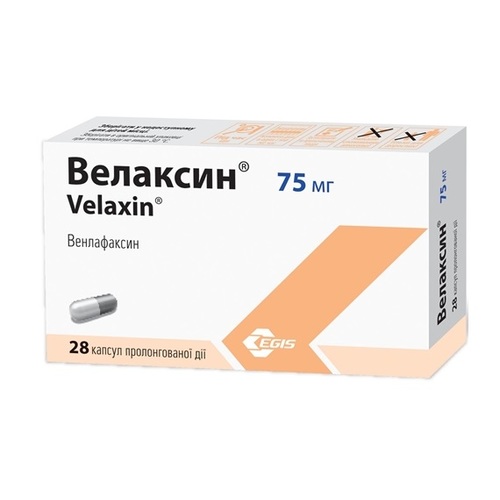 You must first know about a drug’s half-life, which is the time taken for the plasma concentration to reduce to half its original value. The half-life of Effexor is approximately 5 hours (+/- 2 hours), which is extremely short compared to other antidepressants. It also means that if you took a 50-mg venlafaxine tablet at 5 pm, then by 10 pm, there would be 25 mg remaining in your system, and by 3 am, there would be 12.5 mg remaining in your system, and so on, until the tablet is fully cleared from your system.
You must first know about a drug’s half-life, which is the time taken for the plasma concentration to reduce to half its original value. The half-life of Effexor is approximately 5 hours (+/- 2 hours), which is extremely short compared to other antidepressants. It also means that if you took a 50-mg venlafaxine tablet at 5 pm, then by 10 pm, there would be 25 mg remaining in your system, and by 3 am, there would be 12.5 mg remaining in your system, and so on, until the tablet is fully cleared from your system.
The overall average is around less than two days, though it depends on a variety of factors.
Individual factors such as age, body composition, genetics and liver function play a critical role in how long it takes to flush venlafaxine out of your system. This can explain why two people who take Effexor at the same dose, starting on the exact same day and quitting at the exact same time, will still not clear the drug at the same time.
Another factor is dosage. It is common knowledge that the greater the amount of a drug you ingest, the longer it will stay in your system.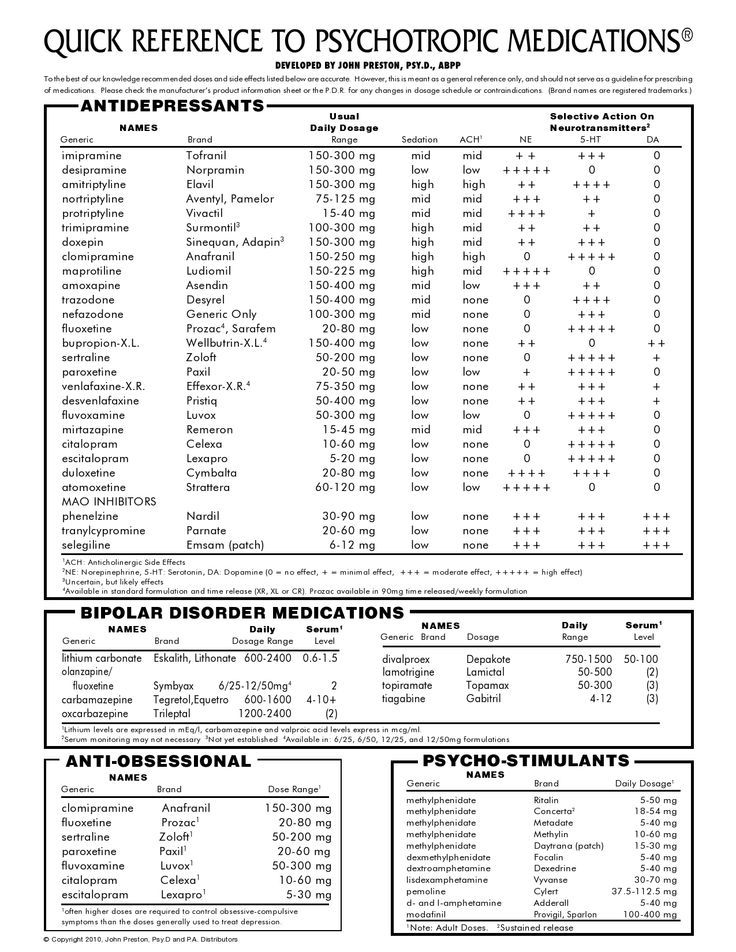 The person taking the lowest possible dose of Effexor a day will likely metabolize and excrete it quicker than someone taking the maximum dose. Though Venlafaxine doesn’t accumulate throughout tissues, high doses place a greater burden on the liver (for metabolism) and kidneys (for excretion). Since the body can only metabolize a certain amount of this drug at a time and the kidneys can only secrete a set amount at a time, those on greater doses will likely keep the drug in their systems longer.
The person taking the lowest possible dose of Effexor a day will likely metabolize and excrete it quicker than someone taking the maximum dose. Though Venlafaxine doesn’t accumulate throughout tissues, high doses place a greater burden on the liver (for metabolism) and kidneys (for excretion). Since the body can only metabolize a certain amount of this drug at a time and the kidneys can only secrete a set amount at a time, those on greater doses will likely keep the drug in their systems longer.
There are also some drugs that interfere with metabolizing of Effexor, and they are known as “inducers” and “inhibitors.” Inhibitors tend to interfere with the enzyme that metabolizes venlafaxine, thus prolonging metabolism and excretion of the drug. Inducers, on the other hand, enhance activation of this enzyme, allowing for quicker metabolism and excretion of Effexor.
In regards to the factors above, we know that it can vary. However, to get the drug out of your system as quickly as possible, it is important to remember to stay hydrated, exercise and keep an acidic diet. The alkalinity of urine results in prolonged excretion and reabsorption of the drug. Manipulating your urinary pH to become more acidic through your diet could enhance the excretion of Effexor.
The alkalinity of urine results in prolonged excretion and reabsorption of the drug. Manipulating your urinary pH to become more acidic through your diet could enhance the excretion of Effexor.
Read Previous
Effexor (Venlafaxine) Withdrawal Symptoms, Timeline and Detox
Read Next
What You Need to Know About Taking Effexor While Pregnant
Medical Disclaimer
The Recovery Village aims to improve the quality of life for people struggling with substance use or mental health disorder with fact-based content about the nature of behavioral health conditions, treatment options and their related outcomes. We publish material that is researched, cited, edited and reviewed by licensed medical professionals. The information we provide is not intended to be a substitute for professional medical advice, diagnosis or treatment. It should not be used in place of the advice of your physician or other qualified healthcare providers.
do they help, treat or relieve symptoms, are they addictive, do they make you gain weight
Daniil Davydov
medical journalist
Author profile
human.
At the same time, the cures for this disease are surrounded by many myths. Antidepressants are accused of ineffectiveness and severe side effects, but often the problem is not with the drugs themselves, but with their misuse. nine0003
We collected 8 myths about antidepressants and found out how close they are to the truth.
Go see a doctor
Our articles are written with love for evidence-based medicine. We refer to authoritative sources and go to doctors with a good reputation for comments. But remember: the responsibility for your health lies with you and your doctor. We don't write prescriptions, we make recommendations. Relying on our point of view or not is up to you.
Myth 1
Antidepressants almost never help nine0015 Most likely, this myth arose due to the fact that antidepressants do not work in all patients - so even some doctors and scientists doubt their effectiveness. However, antidepressants cannot be called ineffective, there are just important nuances in the use of these drugs.
Antidepressants are a class of drugs that normalize the level of neurotransmitters, that is, chemicals that help nerve cells in the brain exchange information.
What are Antidepressants - International Drug Database RxLis
What Medications Help Clinical Depression in Adults - International Primer for Physicians UpToDate
How Antidepressants Help Pain - Mayo Clinic Bulletin
All Antidepressants Used to Treat Depression in Adults , work - The Lancet
Who Antidepressants Help and Who Don't - Clinical Guidelines for British PhysiciansPDF, 141 KB
These medicines help people whose problems are due to a deficiency or excess of neurotransmitters. Antidepressants reduce symptoms of depression, obsessive-compulsive disorder, generalized anxiety disorder, post-traumatic stress disorder, and bipolar affective disorder.
There is evidence that antidepressants are effective for chronic pain. Antidepressants increase the amount of neurotransmitters in the spinal cord, which reduces pain signals.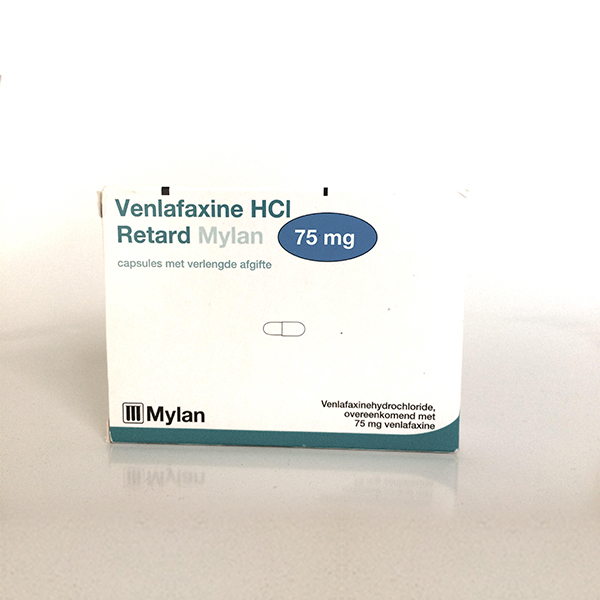 nine0003
nine0003
Most specialists have no doubts that antidepressants work. For example, according to the British Royal College of Psychiatry, 50-65% of people with depression who take antidepressants feel better - compared with 25-30% of those who take a placebo.
However, there are situations where the benefit of antidepressants is questionable. For example, antidepressants are good for treating moderate to severe depression, but do not work well for people with mild depression - psychotherapy is more suitable for them. nine0003
And there are situations when these medicines were prescribed by mistake. Then antidepressants really won't help.
When antidepressants don't help
Sergey Divisenko
psychotherapist
There are three cases when antidepressants most often cause problems.
The antidepressant didn't work because the doctor prescribed the wrong dose. Minimum doses of these drugs do not help in half of the cases. Then competent doctors increase the doses to those recommended in clinical guidelines, while illiterate ones refuse them. nine0003
nine0003
Sometimes, in order for antidepressants to work, they need to be augmented—i.e., enhanced—with other classes of drugs. For example, second-generation antipsychotics, or normothymics, that is, drugs that stabilize mood. If this is not done, the person taking antidepressants will not feel relief.
The antidepressant didn't work because the doctor misdiagnosed and was trying to treat a condition that these drugs don't work for. To help a person, one had to either use other drugs or use non-drug methods of treatment: for example, psychotherapy, transcranial stimulation, or electroconvulsive therapy. nine0003
For example, in bipolar disorder, symptoms can be very similar to depression or anxiety. But with bipolar disorder, antidepressants help only if they are used together with other drugs - mood stabilizers. By themselves, they will either work for a short time, or they will not work, or they can cause a phase inversion - that is, a person will switch from a depressive phase to a manic one.
The patient was not helped by a particular antidepressant, but another might. nine0056 Antidepressants differ in the principle of action - on this basis they are divided into classes. It happens that one antidepressant does not work, but another from the same or another class helps. If the treatment does not work, you should not stop drug therapy, but continue to look for a drug that will help this particular patient.
Myth 2
Antidepressants only relieve symptoms, but do not eliminate the cause of the disorderIn most cases, this is not a myth. However, in some situations, antidepressants act on the cause of the disorder. nine0003
Depression is a heterogeneous disease. Experts identify a different number of subtypes of depression - from 4 to 12. But for our purposes, depression can be divided into two large subtypes.
American Criteria for Depressive Disorders - A Handbook for Psychiatrists DSM-5PDF, 32 MB
Understanding Depression - An International Primer for Physicians UpToDate
associated with depression.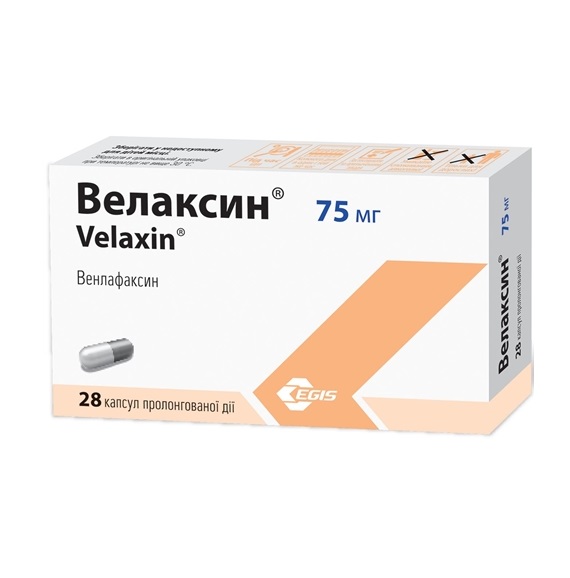 Disorders that can be attributed to this group are more common. nine0003
Disorders that can be attributed to this group are more common. nine0003
If these causes affect a person long enough and he does not understand how to deal with them, depression may develop. In this situation, antidepressants act as drugs that alleviate the symptoms of the disease. To influence the cause of the problem, psychotherapy is needed.
Depression provoked by internal causes. Approximately 7% of people with depression have the right way of thinking, no internal conflicts and injuries, and no serious illnesses. In this situation, the cause of depression is the lack of neurotransmitters: serotonin, norepinephrine and dopamine in the synapses of brain nerve cells. In such people, the antidepressant acts precisely on the cause of the disease, that is, it corrects the production of serotonin in neuronal synapses. nine0003
Myth 3
As soon as it gets better, you can stop taking the antidepressant This is also not entirely a myth - it would be more correct to call it a belief that is true only for some, but not for all patients with depression.
It is generally advised to continue taking antidepressants for at least six months after remission. If the duration of the disease is short, that is, the person was ill for about two weeks, then for the onset of remission, one or two months usually need to take medication. If the duration of the disease is long, from several months or years, then more time is required for the onset of remission. It’s impossible to say exactly how much: different people with depression have different recovery times. nine0003
Some people have recurrent depression. In this case, the period during which you need to take the medicine depends on how many bouts of depression have already been during your life. If more than three, it is recommended to take antidepressants for several years or for life.
Myth 4
Antidepressants cause addiction Perhaps the roots of this myth are that some people need to take depression medication for life. And at the beginning of treatment, some patients have to increase the dose. But in fact, antidepressants do not cause either true physical or drug dependence. nine0003
But in fact, antidepressants do not cause either true physical or drug dependence. nine0003
True physical dependence on a drug is a situation where a person becomes so addicted to a drug that when it is withdrawn, the symptoms of the disease sharply increase. People who are dependent on the drug have to increase the dosage, otherwise the drug stops helping.
What is True Drug Addiction—Bulletin of the National Institute for the Study of Drug AbusePDF, 7 MB
What is Drug Addiction—Bulletin of the American Psychiatric Association
Drug dependence may include physical dependence on a drug. But this addiction has a unique feature. Dependence can also develop in a healthy person who used the drug not to recover, but to enjoy it. But when he tries to quit the drug, he still experiences physical suffering, which is called the withdrawal syndrome. As a result, a person is forced to look for a new dose of a drug.
Although a person who takes antidepressants to treat depression gets better, the drugs themselves are neither pleasurable nor addictive. Taking them as drugs is useless.
Taking them as drugs is useless.
Of all the drugs that are used in psychiatry, true physical dependence can only be caused by psychostimulants that activate mental activity and anti-anxiety, that is, benzodiazepine tranquilizers. Antidepressants are not included in this list, because there is no need to increase the dosage of correctly selected drugs from this group. nine0003
However, some people who stop taking antidepressants early sometimes experience withdrawal symptoms such as nausea, hand tremors, and some feel “shocks” in the head, similar to the sensations of an electric shock. Depressive symptoms return to patients who need to take the medicine for a very long time.
Antidepressants are sometimes abused, but they cannot cause addiction - Journal of Modern Psychiatry
To avoid unpleasant consequences, stop taking antidepressants only if the attending physician says that they are no longer needed. But even in this situation, it is necessary to cancel antidepressants slowly, that is, gradually reducing the dose.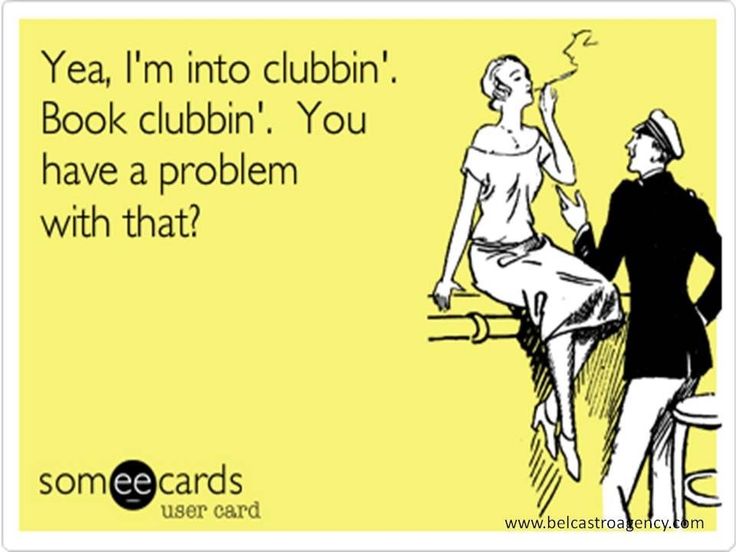 This will help avoid unpleasant side effects. nine0003
This will help avoid unpleasant side effects. nine0003
Myth 5
A person on antidepressants becomes lethargic and loses interest in lifeThis popular myth is based on real but outdated data.
These mental changes are seen in patients taking first-generation tricyclic antidepressants such as amitriptyline. It has a sedative, that is, a sedative effect. A person who takes high doses of amitriptyline can indeed become sleepy and indifferent to the outside world. nine0003
Amitriptyline - Sedative - Drugs.com International Drug Database
SSRIs do not sedate - Drugs.com International Drug Database
Current second-generation antidepressants that are recommended to start treatment with, such as selective serotonin reuptake inhibitors, or SSRIs almost never cause drowsiness and apathy.
On the contrary, in most people with depression they return interest in life. nine0003
Sometimes SSRIs do cause drowsiness, but this has not yet been proven
Sergey Divisenko
psychotherapist
It is believed that in rare cases, modern antidepressants can provoke SSRI-induced apathy. But this condition is extremely rare.
But this condition is extremely rare.
And even then psychiatrists still doubt that the cause is precisely in the drugs, and not in the patient's condition. After all, some people during the time of taking antidepressants may develop other adverse mental states in which apathy occurs: for example, schizotypal disorder, which was not noticed before. nine0003
Myth 6
Antidepressants have many side effectsThis is partly true: both SSRIs and antidepressants from other groups have side effects. But it is quite possible to deal with them.
At the beginning of treatment, when people first start taking antidepressants, many complain of increased anxiety, dry mouth, nausea, and trouble sleeping. But after a few days or weeks after the start of the course of treatment, these symptoms usually disappear. If the side effects do not stop, it makes sense to consult a doctor - he will replace the antidepressant. nine0003
Dealing with antidepressant side effects - advice from the Mayo Clinic staff
Here's what to do before the side effects go away:
- take your antidepressant with meals, unless the instructions say otherwise, so the antidepressant will be less annoying stomach;
- put a bottle of clean water on the desktop - if your mouth is dry, you can take a sip.
 Unsweetened lollipops and chewing gum also help with dry mouth; nine0166
Unsweetened lollipops and chewing gum also help with dry mouth; nine0166 - take a walk for at least half an hour before going to bed to make it easier to fall asleep. If you can’t sleep at all, you can ask your doctor to pick up sleeping pills.
The second most common side effect is an increase in anxiety at the beginning of antidepressant use. To avoid this problem, psychiatrists resort to two effective methods:
- titrate the dose - that is, start with the minimum dose of the antidepressant and then gradually increase it;
- at the beginning of the reception, sedatives - tranquilizers are prescribed together with the antidepressant. nine0166
The third common side effect of SSRIs, especially sertraline, known as Zoloft, and escitalopram, better known as Cipralex, is decreased libido. Approximately 20-30% of people taking antidepressants from this group experience a decrease in sexual desire to one degree or another. At the same time, it is difficult to say how much the drugs are to blame, because approximately 35-50% of people with depression have already experienced sexual dysfunction.
Many people with depression experience sexual dysfunction before starting antidepressants - Harvard Medical School Bulletin
Switching to another antidepressant usually helps, but many people prefer to wait until the medication can be stopped. In some cases, psychiatrists prescribe antidepressants from other groups in addition to the libido-lowering antidepressant. Sometimes it helps to regain interest in sex.
Myth 7
Weight gain due to antidepressantsThis is not a myth, but a half-truth. There are both antidepressants that contribute to weight gain, and those that do not have a similar effect. nine0003
The most common complaint about weight gain during treatment is people taking the tetracyclic antidepressant mirtazapine, which actually increases appetite. Another weight gaining antidepressant is paroxetine, better known by the trade name Paxil. But "Zoloft" and "Cipralex" do not contribute to weight gain.
If a patient feels that an antidepressant is causing them to overeat, it is wise to consult a doctor and discuss a change of drug. nine0003
nine0003
Myth 8
Antidepressants are expensiveTrue, but not for all patients. Most people can cure depression and not go broke.
Antidepressants from different groups vary greatly in price. There are both very expensive drugs and relatively low-cost drugs among them. At the same time, both of them work equally well. However, there are situations when a cheap antidepressant cannot be dispensed with.
On the left - inexpensive "Zoloft" for 327 R, a drug based on sertraline, on the right - the most expensive antidepressant "Ixel" based on milnacipran for 2453 R For example, there is a good antidepressant venlafaxine. The maximum dose of venlafaxine can reach up to 375 mg per day. If these are inexpensive tablets of a domestic manufacturer, then a course of treatment for a month costs about 2000 R. But sometimes inexpensive tablets are not very well tolerated: they cause headache, nausea, sweating, tachycardia, that is, rapid heartbeat. In such cases, you need to switch to a prolonged form of venlafaxine - "Venlafaxine Retard", or "Velaxin XR".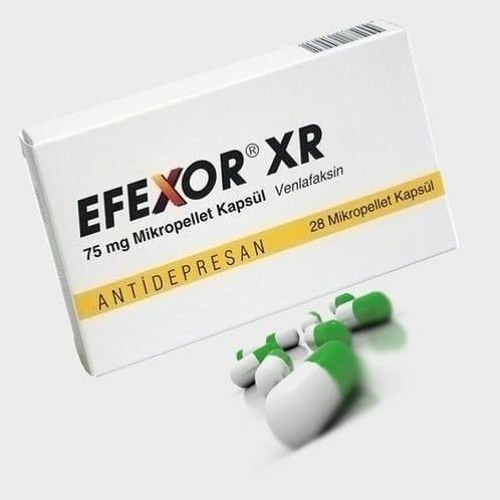 But this drug is more expensive: a course of treatment will cost about 5000 R per month. nine0003
But this drug is more expensive: a course of treatment will cost about 5000 R per month. nine0003
The cost of a course of treatment with another good drug, Ixel, based on milnacipran, which is tolerated with minimal side effects, can reach up to 12,500 R. But, unfortunately, there is nothing to replace it, because this medicine does not yet have generics.
For comparison: on the left is a drug based on venlafaxine with immediate release for 443 R, on the right - with a delayed release in the same dosage for 1756 R. The price varies very muchWhat you should know about antidepressants
Ekaterina Kushnir
treats anxiety disorder
I have generalized anxiety disorder.
For a long time I coped without pills and other help, but one day I got tired of constant anxiety and began to interfere with my normal life. As a result, I turned to a private psychiatrist.
The doctor prescribed an antidepressant from the SSRI group - these are selective serotonin reuptake inhibitors. Such drugs are the first thing prescribed in the treatment of depression and a number of other conditions, including my disease. nine0003
Such drugs are the first thing prescribed in the treatment of depression and a number of other conditions, including my disease. nine0003
The doctor immediately warned me about some peculiarities associated with taking the drug. Some of them I then felt on myself. I think everyone who plans to be treated with antidepressants should know about them.
At the same time, it should be taken into account that most of the negative effects of therapy are temporary and not dangerous, and if they do not go away, one medicine can be replaced with another. Antidepressants help many people with mental disorders and other illnesses get rid of their symptoms and return to a full life, so you definitely should not be afraid of them. The main thing is to take such drugs when they are really needed: as prescribed by a competent doctor and under his control. nine0003
Go see a doctor
Our articles are written with love for evidence-based medicine. We refer to authoritative sources and go to doctors with a good reputation for comments.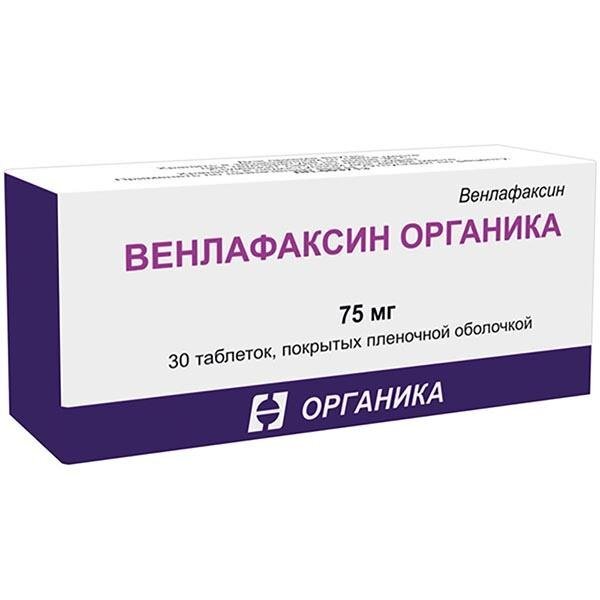 But remember: the responsibility for your health lies with you and your doctor. We don't write prescriptions, we make recommendations. Relying on our point of view or not is up to you.
But remember: the responsibility for your health lies with you and your doctor. We don't write prescriptions, we make recommendations. Relying on our point of view or not is up to you.
Fact No. 1
Antidepressants may make symptoms worse at firstAntidepressants can increase anxiety in anxiety disorders, as well as cause irritability and agitation - the so-called causeless motor agitation, the inability to sit still. It's not dangerous, but rather unpleasant. This condition is sometimes referred to as initial anxiety, that is, the anxiety of starting therapy. Up to 65% of people face it. nine0003
Antidepressant-induced anxiety syndrome - a systematic review in the British Journal of Psychiatry
There is also evidence that some classes of antidepressants, including SSRIs, may increase suicidal ideation in depression in young people aged 18 to 24 years. These data are not very reliable, and in older people, the risk of suicide no longer increases and even decreases.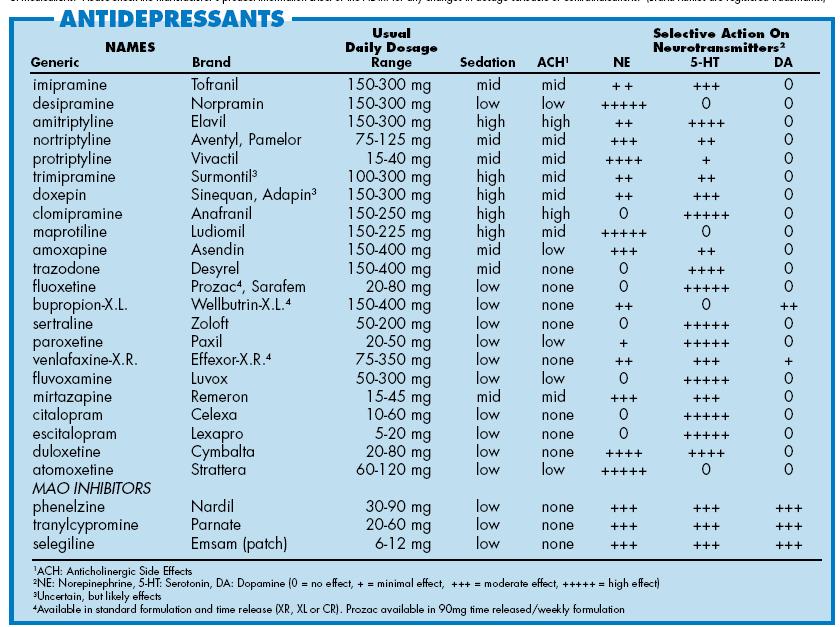
Without treatment, depression is more likely to lead to suicidal thoughts, and in case of anxiety, you just need to prepare for such an effect, then it will be easier to survive the attacks. nine0003
The doctor told me that in the first two or three weeks there may be an increase in anxiety, but I did not take it too seriously.
Everything was fine for the first week. After about seven days, I became nervous and irritable. And then I woke up at night and after a while I felt an incomprehensible fear. My heartbeat increased, my head was spinning, my throat was constricted. Because of this, I felt a real panic - I spent the rest of the night fighting terrible thoughts, in the morning I got up completely broken. nine0003
/list/antidepressant-myths/
8 myths about antidepressants
I have never had such panic attacks before medication - my anxiety was background, general. I got scared and wrote to the doctor, who reassured me and said that it was not dangerous and would pass soon.
After that, I already expected these panic attacks, immediately tried to relax, calm down, remember that this was just a temporary effect of the drugs. And they ended faster, and then they completely disappeared.
My letter to a psychiatrist. I was scared: I expected an increase in background anxiety, but not panic attacks. I even thought about giving up the medicineFact No. 2
The effect of antidepressant treatment will not be immediateIncrease the dose of antidepressants gradually to reduce side effects. They usually start with the minimum, and then bring it up to the working one. For example, for SSRIs with the active ingredient "sertraline", the working dose is from 100 mg per day. I started taking such a drug with 25 mg, and then gradually, in several steps, under the supervision of a doctor, raised the dose to 100 mg.
SSRI dosage - NHS
What doses of antidepressants will be optimal - an article in The Lancet
The process of reaching a working dose can take from two weeks to a month or more.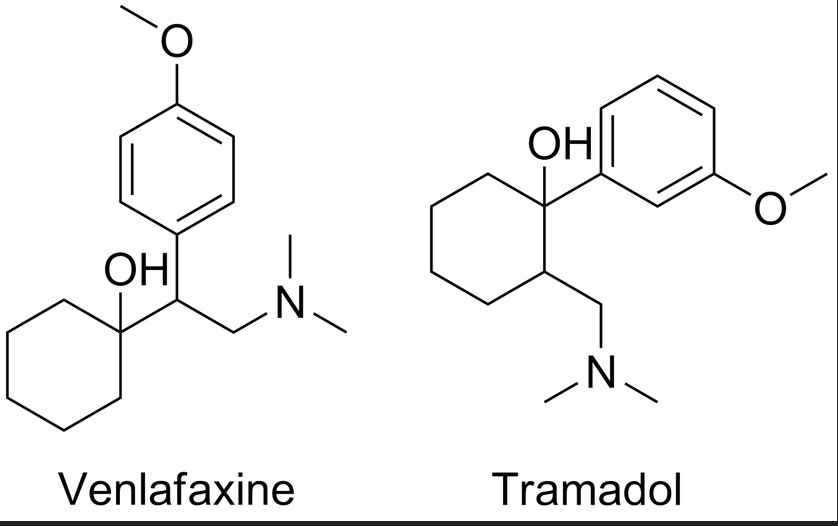 It depends on the drug and its tolerance. I turned out to be sensitive to the medicine, it was hard for me to survive every increase in dosage: anxiety increased again, there were other side effects that then stopped. However, this is not the case for everyone, sometimes the process goes faster.
It depends on the drug and its tolerance. I turned out to be sensitive to the medicine, it was hard for me to survive every increase in dosage: anxiety increased again, there were other side effects that then stopped. However, this is not the case for everyone, sometimes the process goes faster.
The full therapeutic effect, that is, the disappearance or a strong improvement in the symptoms of the disease, occurs some time after reaching the working dosage. As a rule, this is a week or two, although some positive changes may be earlier. For some people, this process stretches for a longer period: 6-12 weeks. Minimum initial doses of drugs usually do not work. nine0003
It is better to prepare for the fact that the symptoms of the disease will not disappear in the first weeks of treatment. And remember - this does not always mean that the drug needs to be changed, sometimes you just need to wait or further increase the dosage under the supervision of a doctor.
Fact No. 3
3
Another way to mitigate the side effects of antidepressants is to prescribe an additional drug along with them: for example, from the group of tranquilizers. Such drugs may have their own side effects, they should not be taken for a long time. Unlike antidepressants, some of them can be addictive. They are usually appointed for a month, but this period may be shorter or longer. nine0003
Antidepressants together with benzodiazepines work better for depression - BMJ magazine
My doctor prescribed a rather mild drug for me. However, he did not suit me. At first, it caused increased drowsiness: during the period of increased anxiety, it went away for a while, but then returned - even with half a pill I turned off and could sleep all day. And if I drank at night, I woke up with difficulty in the morning. The psychiatrist prescribed another medicine, but I could not buy it: the drug was not available in any pharmacy nearby. nine0003
nine0003
As a result, I simply endured all the side effects of therapy - they were unpleasant, but tolerable. When discussing with the doctor, she called this option acceptable if the side effects of the second medicine only worsen the situation.
My prescriptions for drugs. I never used one, because there was no such medicine in pharmaciesFact No. 4
Side effects are not always, but they areModern antidepressants, including SSRIs, are mild and have almost no side effects. Older drugs - tricyclic antidepressants and monoamine oxidase inhibitors - cause more side effects. Doctors usually use them when milder first-line drugs don't work or when they can't be prescribed. nine0003
Side effects of antidepressants - the National Health Service of the UK
Side effects of various antidepressants - Uptodate
Side effects of antidepressants and their impact on the treatment of a large depressive disorder - the journal NATURE
STRICTIC STRICTION OF REDICAL
. effects of antidepressants - advice from the Mayo Clinic staff
effects of antidepressants - advice from the Mayo Clinic staff
Choosing an SSRI drug does not guarantee the absence of side effects - many people tolerate treatment easily, but sometimes a change in drug may be necessary. nine0003
The first couple of weeks of taking there is a risk that the state of health will be so-so - it's worth thinking about. It may be worth scheduling the start of therapy on vacation.
I work remotely, and it was easier for me: the first pill was taken on Saturday, I slept through the weekend. Then she continued to work, but refused any additional loads: housework, part-time jobs, training and everything else.
It was hard work: I wanted to sleep, then I began to worry and get distracted. I also had diarrhea, nausea, headaches, tremors, i.e. hand trembling, hot flashes, sweating, palpitations. At night, panic attacks began, in the morning I had difficulty getting up because I was in pain and dizzy. nine0003
There are mixed data on how common the side effects of antidepressants are.![]() If we summarize them, then the numbers look something like this:
If we summarize them, then the numbers look something like this:
- nausea - about 25% feel it;
- diarrhea - it happens in 15% of people, and 5%, on the contrary, will have constipation;
- about 20% of people experience sweating and feeling hot;
- sexual dysfunction, decreased libido may occur in 80% of cases;
- insomnia - in 11% of cases;
- headache and dizziness - in about 10-11% of cases; nine0166
- weight gain - not all drugs give this effect. Some, on the contrary, can reduce weight. On my medicine, I lost 2 kilograms in the first month, despite the fact that I quit training due to poor health. True, then they returned back.
It can be seen that most side effects occur in less than half of the cases. In addition, in most cases they pass in the first weeks and are not dangerous.
Side effects not listed above are very rare. I was "lucky", and I faced one such - a decrease in visual acuity. Once in the morning I noticed that I see worse without glasses. A little later, I realized that something was wrong with the glasses. nine0003
I was "lucky", and I faced one such - a decrease in visual acuity. Once in the morning I noticed that I see worse without glasses. A little later, I realized that something was wrong with the glasses. nine0003
I wrote to the doctor, she replied that this happens, as a rule, is not dangerous and passes, but it is better to visit an ophthalmologist. I went to the ophthalmologist, everything was fine with my eyes, there was nothing terrible, but my vision really worsened - it was not a subjective feeling. On the right eye, it was -0.5 diopters, it became -0.75, and on the left eye it was -1.5, and it became -3.5.
I was offered to try changing the drug, but I decided to wait. Vision was then restored. I have not yet gone to the doctor to have it measured, but according to subjective feelings, it is at the same level as before: I am comfortable again in my glasses. nine0003
Side effects should not be tolerated - if something greatly worries, scares or interferes with life, it is better to tell the doctor right away.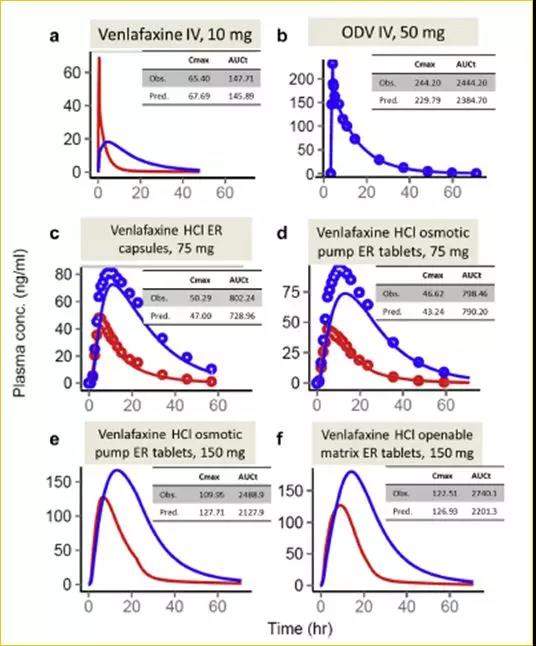 The psychiatrist will be able to determine whether the side effect of the drug is dangerous and whether it is worth continuing to take it. There are several antidepressants of the SSRI group, in addition, there are groups of drugs with a slightly different mechanism of action. As a rule, doctors manage to find a medicine that gives a good effect without side effects.
The psychiatrist will be able to determine whether the side effect of the drug is dangerous and whether it is worth continuing to take it. There are several antidepressants of the SSRI group, in addition, there are groups of drugs with a slightly different mechanism of action. As a rule, doctors manage to find a medicine that gives a good effect without side effects.
If there is no danger, the doctor can adjust the dose or increase it more gradually - this often helps to cope with unpleasant effects. nine0003 I wrote to the doctor again when my visual acuity decreased
Fact No. 5
Antidepressants need to be taken long termAntidepressants are not drugs that you can stop drinking as soon as you get better. They are taken for a long time: usually from several months, less often several years.
Anxiety Therapy - UpToDate
For example, for generalized anxiety disorder, the duration of treatment is at least a year. Moreover, the date is not counted from the very beginning, but from the moment when a lasting effect appeared from the pills.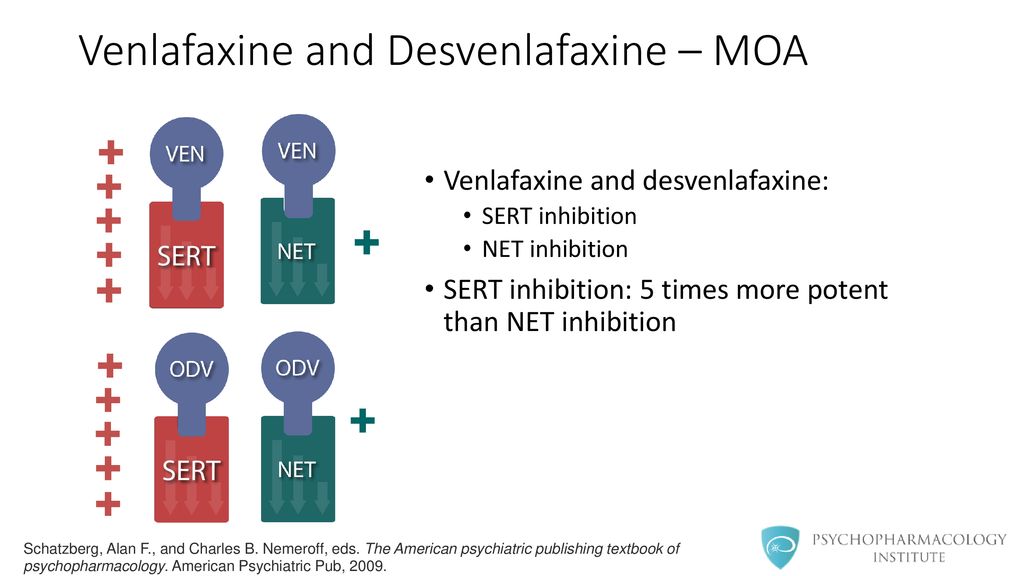 In fact, they will have to be drunk for about 1.5 years - it depends on how long it takes to reach the working dosage of the medicine. nine0003
In fact, they will have to be drunk for about 1.5 years - it depends on how long it takes to reach the working dosage of the medicine. nine0003
The cost of a package of the most famous antidepressant "Zoloft" is about 700 R, enough for about a month. That is, a course of therapy will cost about 10,000 R - maybe more or less, depending on which drug is selected.
Psychotherapy review - UpToDate
Another drug of the same group already costs more than 2000 R per pack. Source: rigla.ruThe cost of an appointment with a good psychiatrist in Moscow is 3000-5000 R. At first, you will need to visit him about once every 1-1.5 months, then less often. nine0003
You can apply to the psycho-neurological dispensary at the place of residence under compulsory medical insurance - it's free. At the same time, they will not put you on psychiatric registration: it was canceled in 1993. People with disorders that do not threaten their lives or those around them are on consultative and diagnostic care.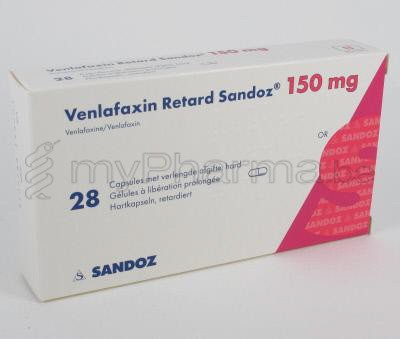 If you stop going to the doctor, he will not find out what happened: a person seeks help at will.
If you stop going to the doctor, he will not find out what happened: a person seeks help at will.
Psychotherapy, usually cognitive-behavioral, is also commonly prescribed to enhance and sustain the effects of antidepressants. In many cases, it improves the effectiveness of drugs, including depression and generalized anxiety disorder. An appointment with a psychotherapist in Moscow costs an average of 5000 R. For treatment, you will need about 10 sessions or more. nine0003
/psychotherapy/
How psychotherapy works
Fact No. 6
Antidepressants should not be stopped abruptly Antidepressants do not develop dependence. However, if you abruptly stop drinking them, there will be a withdrawal syndrome. This is felt as electric current discharges while moving or turning the head, headaches, dizziness, insomnia. Many people experience symptoms similar to the flu or an intestinal virus: low fever, diarrhea, general malaise, chills.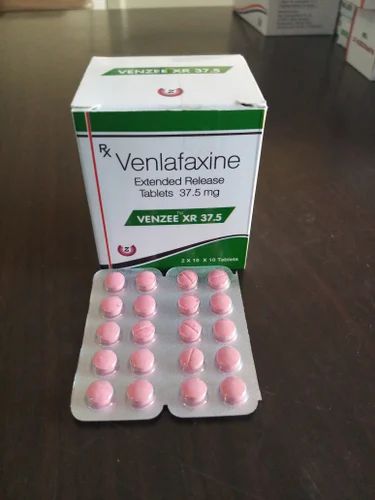 Often there is anxiety, there are intrusive images. nine0003
Often there is anxiety, there are intrusive images. nine0003
Withdrawal symptoms after taking serotonin reuptake inhibitors - Journal of Clinical Psychiatry
How difficult it is to stop taking antidepressants - American Psychological Association
Stopping antidepressants in adults - UpToDate
treatment, they should be canceled only under the supervision of a doctor.
Antidepressant withdrawal occurs as gradually as the start of treatment. The dosage is slowly reduced, usually at this time again a cover-up drug is prescribed to alleviate side effects. As a rule, this is the same medicine that was at the beginning of the intake. nine0003
Withdrawal is usually harmless and resolves within the first weeks of stopping the drug. Sometimes even within a few days - it still depends on which medicine was prescribed. If severely disturbing symptoms appear during the withdrawal period, you should consult a doctor.
Fact No. 7
If you need to change the drug, everything will start over It is far from always possible to immediately find the right antidepressant - sometimes the side effects do not go away and you need to take a new one.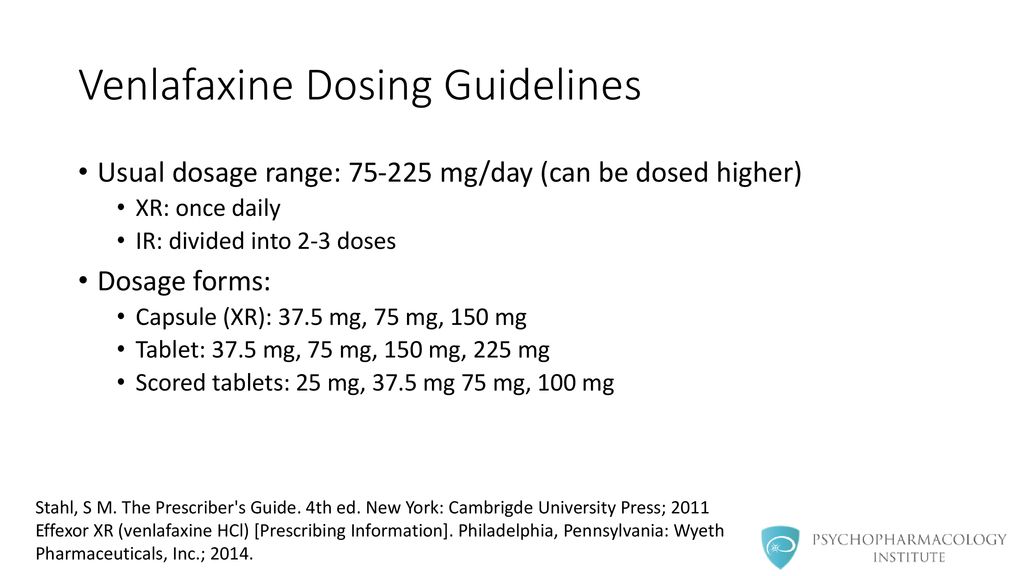 nine0003
nine0003
Changing antidepressants in adults - UpToDate
Serotonin syndrome - MSD
Most often, it is started again with a small dosage, this delays the process of obtaining the effect of treatment. The new drug may also have side effects - the same or different. We will have to wait again until they pass.
You won't be able to change the drug on your own, since all antidepressants are sold only by prescription - and that's good. Switching from one drug to another can be dangerous if you do not know the characteristics of different groups of drugs. nine0003
For example, taking SSRIs is possible only some time after the withdrawal of antidepressants from the group of monoamine oxidase inhibitors - due to the risk of developing serotonin syndrome. This is a potentially fatal condition, accompanied by a change in mental state, high fever, increased muscle tone and other symptoms.
If the drug is changed correctly, there will be no dangerous negative effects, so consultation with a doctor is required.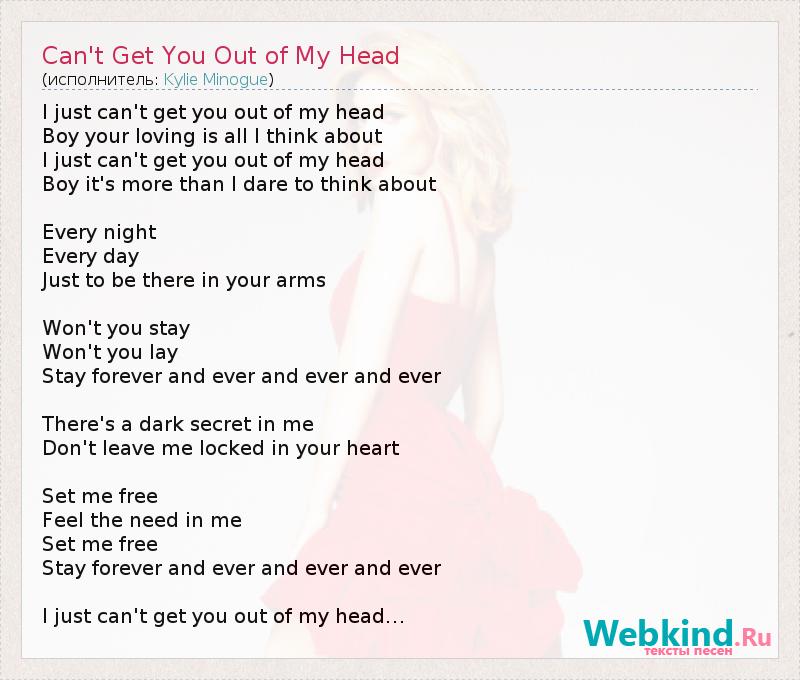
/psychotherapy-search/
How to choose a psychotherapist
Fact No. 8
Among antidepressants there are original drugs and genericsPreparations may be original or generic. Originals are medicines first released by some pharmaceutical company that have passed all clinical trials and checks. Generics are drugs with the same active ingredient from another pharmaceutical company, that is, copied from the original drug.
Theoretically, the action of generics should not differ from the action of original drugs. However, this is possible, since generics may contain other additional substances or the manufacturer may use other raw materials. nine0003
Due to my anxiety, I did not read anything in detail about specific drugs before I bought my first antidepressant in a pharmacy so as not to be scared and not think about taking it. I also didn’t think to ask the doctor about this question.
/list/covid-depression/
Psychoneurological complications after covid: memory problems and depression
As a result, I first bought a generic because it was in stock. Then it turned out that, after all, according to the experience of my psychiatrist, the original drug often gives fewer side effects and is better tolerated. As a result, I changed the generic to the original drug - and, indeed, the side effects softened. nine0003
Then it turned out that, after all, according to the experience of my psychiatrist, the original drug often gives fewer side effects and is better tolerated. As a result, I changed the generic to the original drug - and, indeed, the side effects softened. nine0003
In my subjective opinion, which is supported by some data, in the case of antidepressants and other psychotropic drugs, you should always choose the original medicine. Moreover, the cost of originals and generics is not always very different.
Originals and generics of some SSRIs
| Active ingredient | Original | Original price | Generics | Cost of generics |
|---|---|---|---|---|
| Sertraline | Zoloft | About 700 R, 100 mg tablets | Serenata, Sirlift | 500-600 R 100mg tablets |
| Escitalopram | Cipralex | 3000 R, tablets 10 mg | "Selektra", "Elycea" | 500-1300 R 10 mg tablets |
| Fluoxetine | Prozac | About 350 R, 20 mg tablets | Profluzak, Fluoxetine | 100-200 R, 20 mg tablets |
SERTRIN
Original
Zoloft
Original cost
about 700 r, tablets 100 mg
generics
Serenata
Cost of
9000 500-600 r. , tablets 100 mg
, tablets 100 mg Escitalopram
Original
Cipralex
Original price
3000 r, tablets 10 mg
Generics
“Chektra”, “Elice”
Cost of generics
500-1300 r, tablets 10 mg
Flioxetin
Prose “Prose”
Cost Cost cost original
About 350 R, tablets 20 mg
Generics
Profluzak, Fluoxetine
Cost of generics
100—200 R, tablets 20 mg
one remained unclaimedFact No. 9
Do not take alcohol along with antidepressantsDrinking alcohol while taking antidepressants may exacerbate unpleasant side effects. Also, alcohol is a depressant, that is, it has the opposite effect, and its intake can adversely affect the results of treatment.
Why you shouldn't mix antidepressants and alcohol - Mayo Clinic
Alcohol is strictly forbidden to drink with some groups of antidepressants, for example, tricyclic antidepressants and monoamine oxidase inhibitors: combination with the latter, for example, can lead to an uncontrolled increase in pressure. MAO inhibitors in general require a special diet - it is unlikely that a doctor will prescribe such drugs as the first antidepressants, but if necessary, he will issue a list of what is allowed and prohibited. nine0003
MAO inhibitors in general require a special diet - it is unlikely that a doctor will prescribe such drugs as the first antidepressants, but if necessary, he will issue a list of what is allowed and prohibited. nine0003
With other antidepressants, moderate use may not be dangerous and may even pass without consequences, but doctors still recommend abstaining so as not to increase side effects and improve treatment outcome.
The main thing is not to temporarily stop taking the drug in order to drink. This can lead to the development of a withdrawal syndrome.
/trevoga/
How I Treated Generalized Anxiety Disorder under CHI
Fact No. 10
Antidepressants are incompatible with certain drugs and have contraindications nine0015 It is important to tell your doctor what medications you are taking and what chronic illnesses you have. For example, SSRIs may not be suitable for epilepsy and bleeding disorders, and tricyclic antidepressants are usually not prescribed for those who have recently had a heart attack, suffer from glaucoma, or porphyria.
